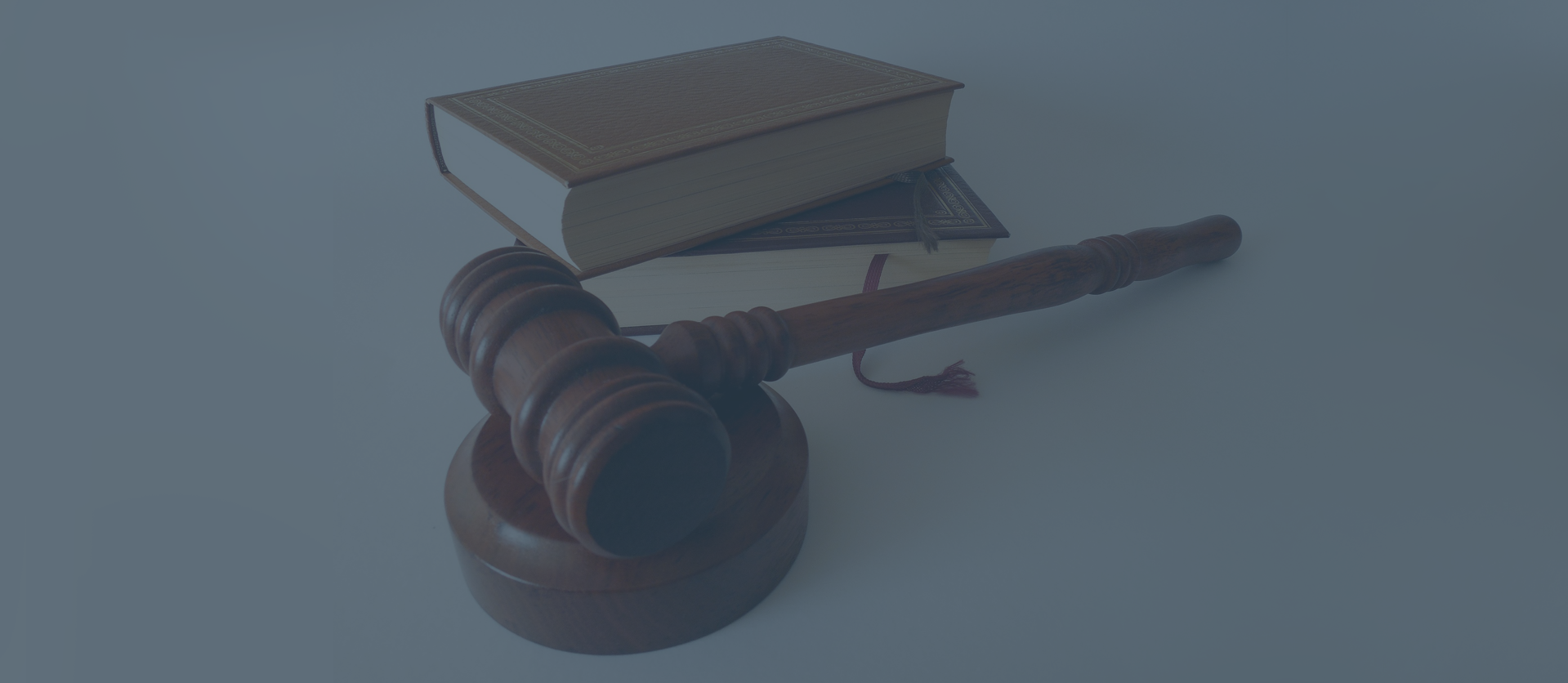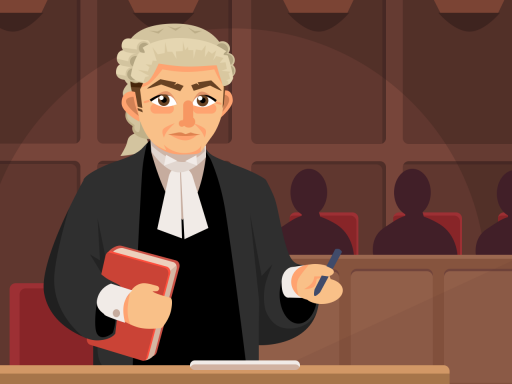Do the vocabulary crossword. The terms are all connected to the British judicial system.
- Učenik nakon slušanja zvučnog zapisa o pravosudnom sustavu Ujedinjenog Kraljevstva pokazuje razumijevanje rješavanjem zadataka kratkog odgovora, dopunjavanjem riječi te zadacima višestrukog odabira.
- Učenik piše o britanskom i hrvatskom pravosudnom sustavu spominjući sličnosti i razlike.
1 Crossword
2 Be a judge
Here are some of the sentences possible in an English court. Read four cases and decide what sentence you would give to each of the people.
Sentences:
1. Community Service - you have to do a period of unpaid work in hospitals/old people’s homes.
2. Fine - you pay money to the court.
3. Probation - you are not sent to prison, but you have to stay out of trouble. Once a week you visit a “probation officer”, who asks about your behaviour.
4. Prison - you go for a fixed period of time (from short sentences to life in prison).
3 Reading
Read the text and answer the questions (short answers).
4 A video
Follow the link and watch a video about the organisation of courts in the UK and answer the questions using short answers.
5 Listening
Listen to a legal expert talk about judicial system in the UK in comparison to the American system and put the missing words into the sentences.
"When it comes to the fundamentals, they are similar." Laws are set using the system of common law or case law, in which past court judgments are used to interpret what is and is not legal. However, the British legal system is not built around a constitution as the American one but is driven by precedent and various Acts of Parliament. Some of these go all the way back to Magna Carta in 1215. Scottish laws are slightly different because they are set both by common law and civil law (in which past precedents are abandoned in favour of fresh legislation). However, in neither case is there a sole central document from which the law is derived.
Once someone has been arrested in the UK, the Crown Prosecution Service, or CPS, takes their case before a magistrates' court, in which three judges decide whether there is enough evidence to pursue the case through the courts. There is no jury here as there is in American courts. If enough evidence is found, a formal indictment is served, assuming the case is to be subjected to trial by jury. Some minor cases remain a matter for the magistrates’ court.
American juries are selected and agreed upon by counsellors for the defence and prosecution, which can become part of the drama in court and which you have probably seen in TV courtroom dramas. In contrast, in the English and Welsh systems, the selection is random. Juries are selected from a list of eligible candidates, who need to be British residents aged between 18 and 70 and registered to vote. Jury duty can arrive at any time, and it is expected to be honoured where possible, "although it can be deferred in extreme circumstances".
The British courts are specific when it comes to terminology referring to people appearing in a courtroom. While technically everyone in a courtroom counts as a lawyer, there are two distinct disciplines at work in the English legal system, and these have their own job titles: solicitors and barristers.
Solicitors work with clients on a wide spectrum of legal matters, offering advice and drafting legal documents. They can represent their clients in court in minor cases but are far more likely to be handling everything that happens outside of the court proceedings, because that’s their main area of responsibility. They’re the equivalent of specific American law practitioners, like real estate attorneys, healthcare attorneys, and so on.
Barristers are the courtroom experts, the litigators. They’re the people in short wigs and robes who do the verbal fencing and cross-examinations in front of the jury. A solicitor will take their client to a barrister and ask them for courtroom representation, which allows the solicitor space to administrate the necessary documents and files needed for the trial.
The person in the long wig and more ornate red robes is the judge, and the purpose of all these items is to create respect for the court and the positions each person holds within the court. While civil court cases can be heard without the finery, a bewigged judge (or a Queen’s Counsel, who is a senior barrister with a shorter wig) does not only make decisions but is also a representative of the whole British legal system. And for criminal justice, the wigs do underline this point very well.
6 Match the word with its definition
Choose the best word for each definition from the drop-down menu.
7 Put the words into the sentences
Put the following words into the sentences.
8 True or false?
Read the text and decide whether the sentences are True or False.
a) The three instances are the Supreme Court, Municipal courts and the Magistrates' Court.
b) If a person wants to appeal, he / she goes to the County court.
c) The Supreme court is the first instance when it comes to deciding on extraordinary legal remedies against valid court decisions.
d) The only source of law in Croatia is the Constitution.
9 Writing
After finding out some general information about the British and the Croatian judicial system, write 10 sentences (120 to 150 words) in which you will compare the British and the Croatian judicial system. If needed, do some more research or talk to your partner about it before writing.


